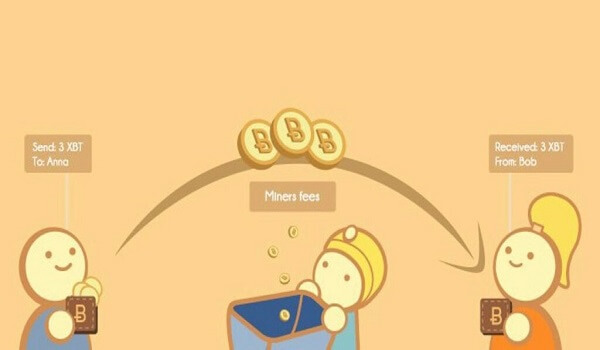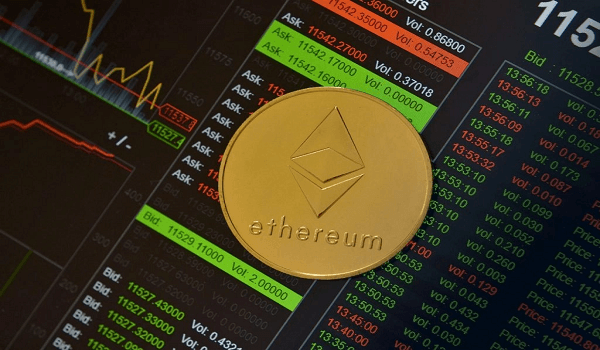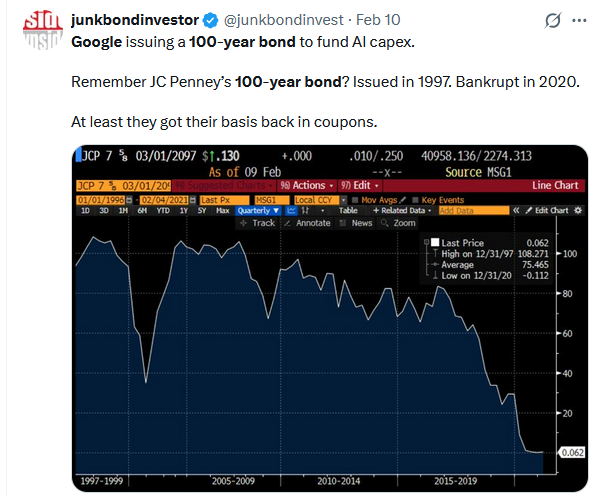Are you looking for information regarding NFT Ethereum Gas Fees? Do you want to know more about Ethereum gas fees hidden costs? Would you like to know how to avoid hidden costs while buying NFTs?
Since the inception of NFTs or Non-Fungible Tokens, people are always looking forward to investing in them. Especially, after some celebrity tweets in favour of NFTs, they have got mass popularity in the USA and the other parts of the world.
While the artists and collectors are too keen on investing in such digital assets, the higher transaction fees (Ethereum Gas Fees) and sometimes, the hidden charges are quite upsetting.
As the concept of Decentralized Finance or DeFi is gaining popularity, the gas fees are only going upwards.
Due to these ever-increasing gas fees, trading NFTs on Ethereum is getting more and more expensive, forcing the new/small investors to take back steps.
But, what if I tell you that there is not one but multiple ways to reduce the crypto gas fees and avoid the hidden costs on NFT transactions!
Yes, it is POSSIBLE.
So, whether you are an experienced NFT trader who is looking for ways to reduce crypto gas fees or a newbie who is trying to avoid the hidden NFT transaction costs, this article will satisfy all your queries.
But, it would be absurd to give you the tips to reduce crypto gas fees if you don’t have a clear concept of Ethereum Crypto Gas Fees.
So, this article will focus on the idea of Crypto gas fees, and later, we will discuss how you can avoid high NFT gas fees like a pro.
Ethereum Gas Fees: What Are They And Why Should You Know This?

To explain it as simply as possible, we should say that the gas fee is the price you have to pay to complete an NFT transaction on Ethereum Blockchain. [1]
But, who decides the gas fees! – The miners
The miners evaluate the supply and demand of that particular NFT and compute the price to process the transactions.
The idea of gas pricing/gas fees/gas value was introduced to provide the miners with some incentives, and in return, they will keep the network spam-free.
The gas fees are not static, but they change rapidly with the market – mostly due to network traffic. While dealing on any Ethereum Blockchain Network, the trader needs to choose a GAS LIMIT, which is the maximum value you are ready to invest during a specific NFT transaction.
Now, you must have been thinking that you will set the Gas limit low and the Gas fees will go down automatically, right?
Well, if you are, you are wrong!
Why! – The Miners
Yes, the NFT Miners will only prioritize the transactions according to the higher gas fees (For their profit, of course). So, if you set them too low, the transaction speed will greatly reduce.
So, did we lie about reducing the Gas fees! – No we did not.
To know how you can reduce the gas fees while keeping a sound transaction speed, you need to read our following segment very carefully.
5 Tips To Reduce Higher Gas Fees During NFT Transactions On Ethereum
Follow Layer 2 & Sidechain Solutions
Layer 2 and Sidechain solutions are two different ideas merged to reduce NFT gas fees.
Let’s start with the Layer 2 solution – but what is layer 1 then!
Layer 2 indicates a Blockchain network and Layer 1 is there to add more value to increase the performance of the network. There are several layer 2 solutions available to trade on an Ethereum Blockchain faster and cheaper.
On the other hand, a Sidechain is a secondary Blockchain that is linked to the main Blockchain. There are several Sidechain solutions are available with different functionalities and needs, which are intended for faster and more private NFT transactions.
Combine Transactions
You may reduce the NFT gas fees by combing the transactions as the gas value depends/changes with the ecosystem of your transactions.
Let’s help you understand this idea more vividly so you may act on it.
For instance – you have several tokens placed on two addresses – Address X & Y – and your goal is to send all the tokens to Address Z.
Now, if you make two different transactions i.e. from X>Z and Y>Z, you will have to pay double gas fees.
So, the best way to avoid such extra charges, you may transfer all the tokens from X to Y and then make a singular transaction i.e. Y to Z, you will have to pay half the gas fees.
Choose A Blockchain That Has Lower Or No NFT Transaction Fees
Ethereum Blockchain is quite popular, thus getting the most attention. The Ethereum network has become the “go-to” network for most NFT traders, so the activity is always higher, which significantly causes the higher gas fees.
One way out of this is to change your Blockchain network to something as reliable as Ethereum, but with lower transaction costs.
For example, Binance could serve as a great alternative to Ethereum Blockchain. If you leave Ethereum, there will be a reduction in transaction fees and an increment of scalability. But remember, that too comes with pros and cons, so remember to weigh them before leaving the Ethereum Blockchain for Binance Smart Chain or any other Blockchain platform, like TEZOS, EOS, and WAX, etc with lower gas fees.
Using Gas Tokens
If you want to reduce the gas fees on any Blockchain platform, we recommend you start collecting the gas tokens.
The best part about using gas tokens on the Ethereum network is that when you redeem gas tokens, you will be refunded in ETH. Later you can use that ETH (s) to pay for the future NFT transaction fees.
So, how to do it!
When the transaction or gas prices are lower than usual, you will mint for the gas tokens. And the gas fees go higher, you will use the tokens to get a refund with ETH. [2]
Plan Your Transactions Righteously
As mentioned above, the gas fees depend entirely on the network activity and its transformations. So, if you can tail the traffic, you will know the right time to make the transactions for a much lower gas fee than usual.
There are certain times of the day and certain days of the week and certain weeks of a month when NFT transition rates are lower or higher than usual.
There are popular opinions that the gas fees are higher on the weekdays i.e. on Saturdays and Sundays and high on Tuesday and Thursdays.
But, rather than following such opinions, you may use certain analytics tools that are fee and tell you when the gas fees are lower or when will be lower. Some of the most popular gas fees analysis tools are GasNow, Ethereum Price, etc.
Conclusion
As more and more traders are pouring into the NFT markets every day, gas prices are going to get higher. But, it would be wrongful to demonize the miners for prioritizing the higher transaction fees. As Non-fungible Tokens are a part of Decentralized Finance, it is fundamental to keep them safe from cyber threats. NFT Miners do that 24/7/365 for such incentives.
But, yes, the sky-high transaction fees are working as a major setback for several investors, especially when trading on the Ethereum Blockchain. So, if you don’t know how to deal with higher gas fees, you will not take the fullest advantage of this incredible finance system.
This article has given you a compact idea of how to deal with higher NFT gas fees or how to reduce NFT gas fees by applying 5 simple methods. So, follow them properly and trade carefully.
The post What Is Ethereum Gas Fees # Tips To Reduce Gas Fees In NFT Transactions appeared first on Invest With An Edge USA.
Full story here Are you the author? Previous post See more for Next postTags: Featured,newsletter





























